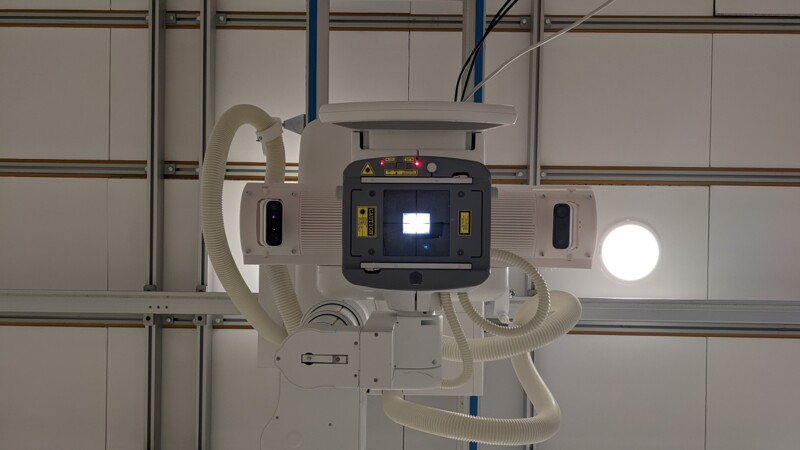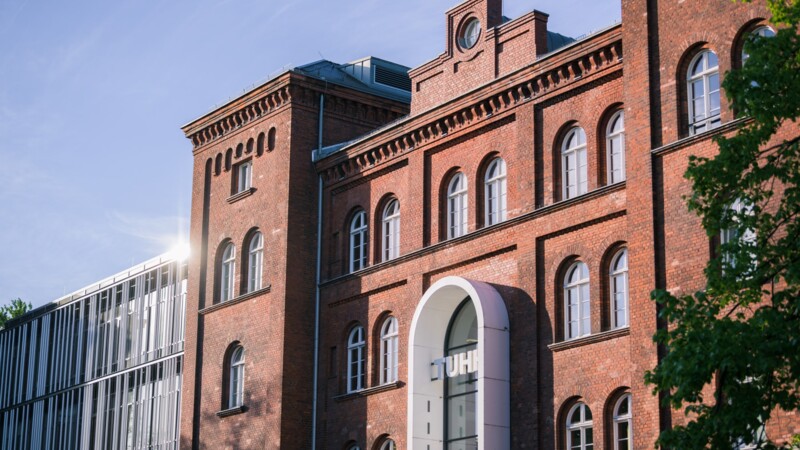Doctors use imaging procedures or biopsies to monitor the growth of a tumor regularly. Researchers led by Professor Andreas Bahr, Head of the Institute for Integrated Circuits (IIC), have come up with an alternative and are measuring the concentration of oxygen in a tumour’s tissue as part of the "Photoluminescence Lifetime Imager for Oxygen Monitoring in Tumors Using Single Photon Detectors" ((PI-O-TU) project. The team now hopes to develop an electric implant that monitors the development of tumors in real time and indicates, for instance, the ideal time for radiation or chemotherapy. "To pave the way for tiny implants in future, the C4T project is building a demonstrator for a high-precision oxygen sensor based on photoluminescence lifetime measurement. That would allow us to examine the suitability of the oxygen monitoring process," said Bahr. And Julian Singer, research associate, pointed out: "The IIC is working on high-precision, single-photon detectors as well as miniature light sources for medical applications. The demonstrator should test the functioning of the tiny implant system's precise sensor technology that consumes hardly any power.” If the demonstrator is successful, it would be a significant step towards implants for tumor diagnostics.
The eighth Call for Transfer, funded by the Ministry of Science, Research, Equality and Districts, announced in January EUR 443,000 for 15 projects that fight cancer, which is the second leading cause of death in Germany. A team of scientists at Hamburg University of Technology (TUHH) now hopes to identify tumors precisely based on oxygen concentration in the tissue thanks to the funding scheme. Another TUHH-run project aims to treat e.g., epilepsy, depression or Parkinson's disease. Scientists at universities in Hamburg have benefited from the scheme since 2018. Hamburg News presents just some of the projects with emphasis on medical applications in the first part of our latest series.
Implant to monitor tumor in real time
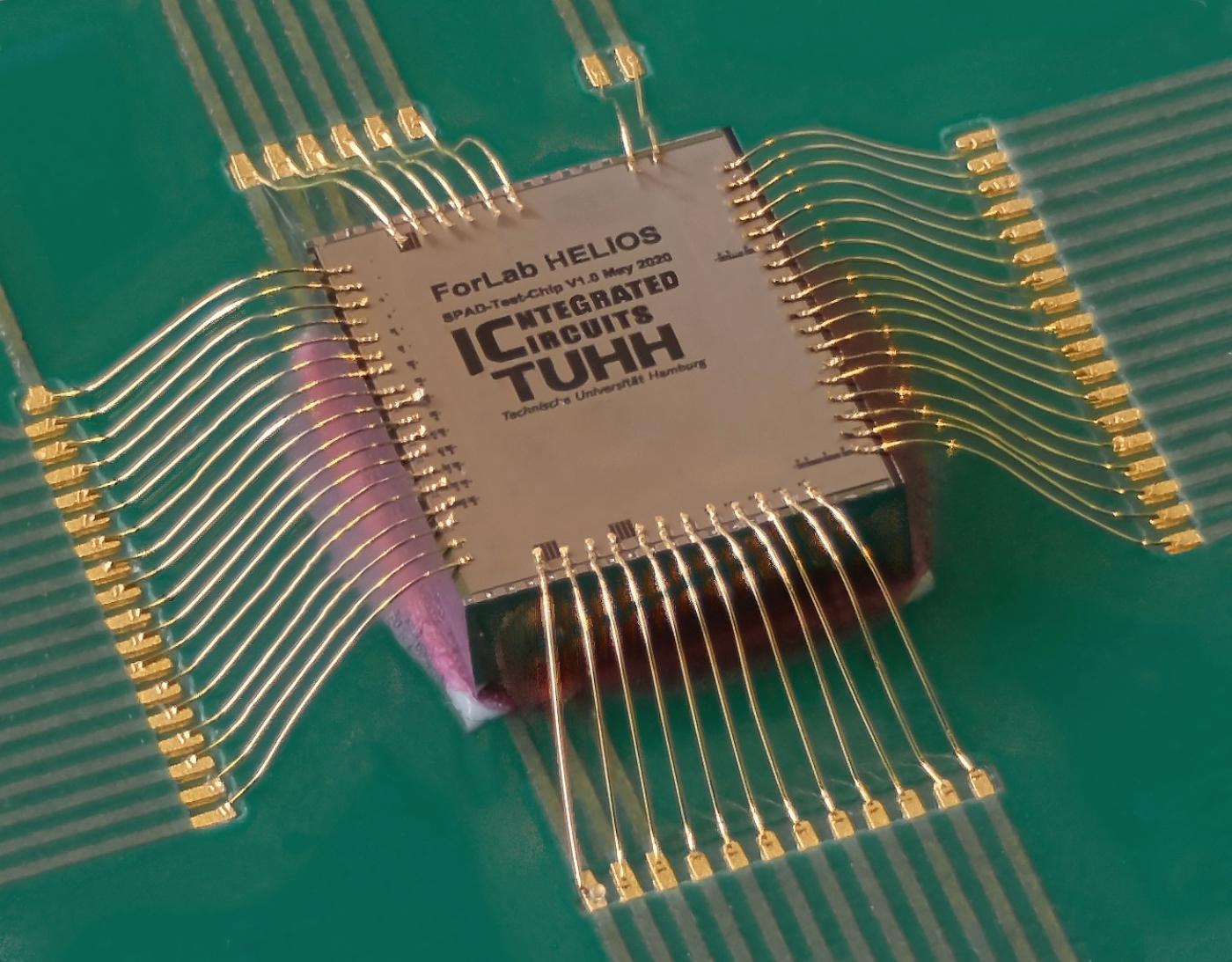
Brain-machine interface with tiny implant
The "Highly Integrated Optoelectronic Multichannel Stimulator for Modulation of Neuronal Activity" (Optro Mod) is developing an implant and building a demonstrator to verify the research idea. To this end, Optro Mod, is developing a new tool to improve the understanding of the brain's functions and treat diseases such as Parkinson's, epilepsy and depression. Researchers at TUHH had prevailed with their project in the eighth C4T call for proposals, led by Bahr and Anton Geläschus, research associate at the IIC. The team is researching a controllable brain-machine interface that uses light pulses to stimulate neurons. The idea is to force them to be either active or inactive. "Based on the demonstrator, a follow-on grant will fund the production of an initial, tiny implant as an integrated circuit which will include digitally controlled, power and area-optimized LED drivers," Bahr pointed out. The long-term goal is "to develop a highly miniaturized implant that can be implanted wirelessly. That would make long-term studies possible and the test persons would not be restricted in their freedom of movement. The risk of infections at open access points would be eliminated," Geläschus said.
Calls 4 Transfer - power of interdisciplinary collaboration
The eighth call highlights the impact of interdisciplinary collaboration, according to Mareike Post, Manager of the Calls for Transfer funding scheme. "The merging of nanotechnology and medicine enables the development of groundbreaking implants for cancer diagnostics or even fighting diseases such as epilepsy, depression or Parkinson's disease through brain-machine interfaces. Scientists demonstrate the power of collaborations to create truly new things."
ys/sb/pb
Sources and further information
Calls for Transfer
"Calls for Transfer" is funded by Hamburg's Ministry of Science, Research, Equality and Districts and is sponsored by the University of Technology (TUHH). The project is managed by Hamburg Innovation the board of which makes independent decisions. Hamburg Innovation GmbH is a private knowledge and technology transfer institution at Hamburg's public universities. At the interface between universities, companies and the public sector, the team networks entrepreneurial and scientific potential thereby creating sustainable value for science, politics, business and society.
More
Similar articles
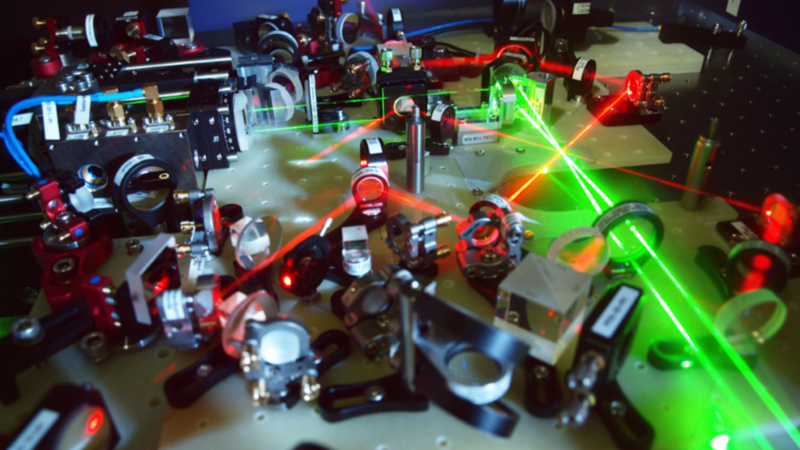
Hamburg banking on quantum computers
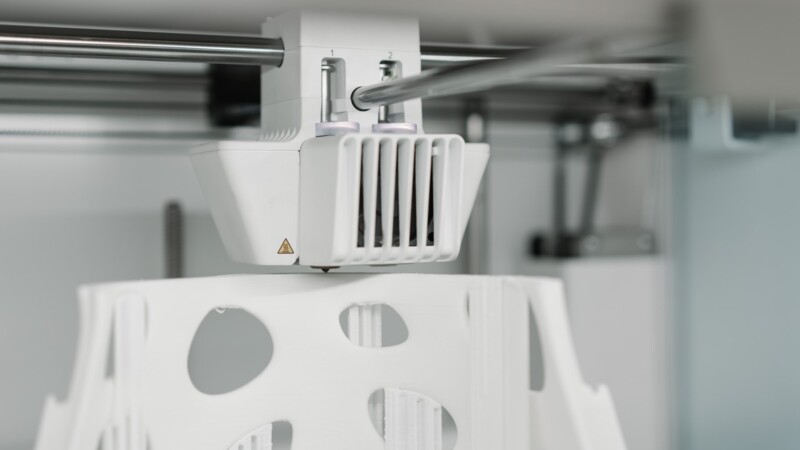
3D printing from paper
